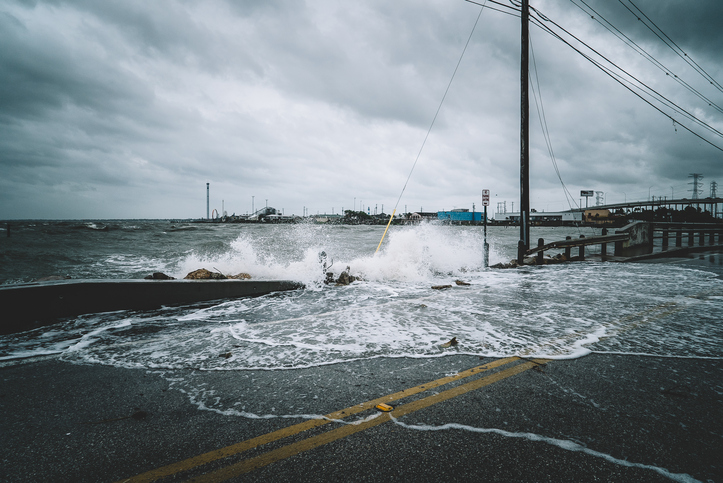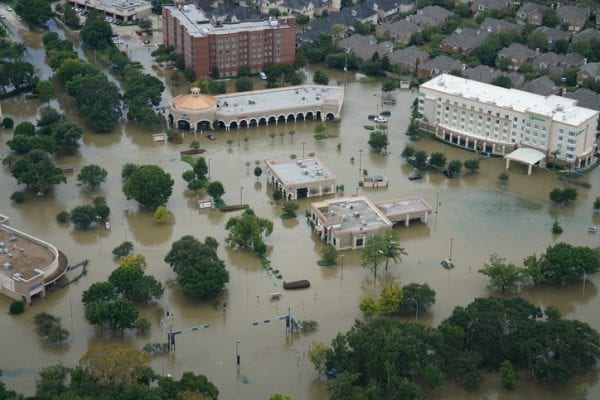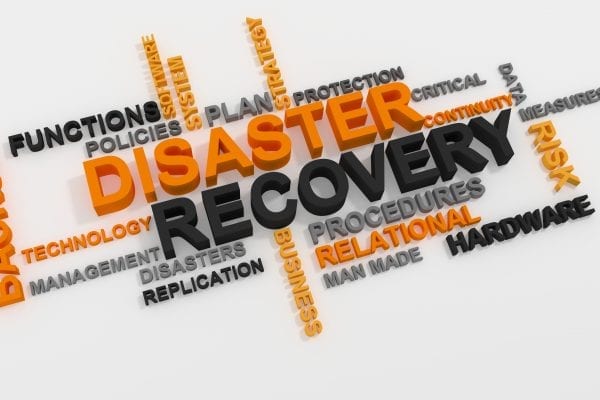The 2018 hurricane season will be upon us soon, and if you’re not already planning for it, you should be. If there are two things that last year’s hurricanes taught us, it’s that the season is unpredictable, and the only winners are the well prepared.
Here’s a quick review, in case you’ve forgotten.
Hurricane Irma
Hurricane Irma showed up on August 30, 2017, as a tropical storm that escalated into the most powerful Atlantic hurricane in recorded history. It carved a path of destruction across the Caribbean and then into Florida, causing $50 billion worth of damage, killing more than a hundred people, and causing at least 6.5 million people in Florida to evacuate.
On Barbuda, one of the hardest hit islands in the Caribbean, at least 90% of the buildings were damaged, leaving almost the entire island without power, and 60 percent of the population homeless. In Miami, the storm hit with winds of 90 mph, causing extensive flooding and several high rise cranes to collapse.
Meanwhile, residents of Tampa made preparations for what was predicted to be one of the biggest and most devastating storms to pass through the area in history. In the end, however, Irma took a different path than predicted and hit the East coast harder than the West. Along some parts of Florida’s East coast, entire beaches disappeared into the ocean, and entire neighborhoods were flattened.
Because the storm took a different path than expected, many people were left unprepared for along the East coast, a problem that made the devastation worse.
Hurricane Harvey
Hurricane Harvey hit Texas on August 27, 2017, right before Irma showed up on the radar as a storm in the Atlantic and moved into the Gulf. It caused $125 billion in damage, killed at least 88 people, and put about one-third of Houston under water.
Before it was over, Hurricane Harvey made landfall three times, took out power to almost 4,000 homes, and took down 19 water systems and 31 wastewater systems. It did more damage than any other hurricane in U.S. history other than Katrina.
Like Irma, Harvey’s damage was made worse by the fact that it hit an area that was not fully prepared. Unlike Miami, which is built to withstand frequent encounters with hurricanes, Houston is not built for weather disasters. In fact, over recent decades, the city has developed extensively in low-lying areas, making it especially vulnerable to the floods resulting from the hurricane.
Two Lessons We Need to Learn
Last year’s hurricane season was devastating at a level not seen since Hurricane Katrina. Certainly, we hope that this year will be less devastating, but it’s a mistake to expect that we won’t have more years like 2017. Instead, it’s important that residents and property owners and managers learn the lessons that Irma and Harvey have to teach. Here are the two most important.
One: Don’t rely on history or meteorology to predict whether you’re at risk
Just because your area has never been hit before doesn’t mean it won’t be this year. Just because the weather predictions say the storm is going one direction, doesn’t mean it will. Irma and Harvey each defied expectations to cause unprecedented damage.
If your properties lie anywhere near a coast, there’s a chance they could be vulnerable. It’s better to be prepared.
Two: Don’t wait until the hurricane is coming to prepare
Every time a hurricane stirs in the Atlantic, citizens make a run on the stores for essentials like water, non-perishables, generators, and plywood. This always results in shortages, and lack of proper preparation.
Likewise, property managers often find themselves in a scramble to contract with catastrophe response teams either just before or after a hurricane has struck. This is the wrong time. Right before a hurricane, catastrophe response teams are busy making their own final preparations, and may only be staffed for the clients they currently have on their roster. If instead, you establish a relationship well in advance, your teams can be ready and prepared to serve you when the time comes.
Plan now for the upcoming hurricane season. Stock up on non-perishable essentials. Make a safety plan for yourself and any employees. And contact a disaster response firm to make sure you have someone on your side in the event that a storm disrupts your life or the properties you manage.
We’d love to work with you. Contact us to find out how.






